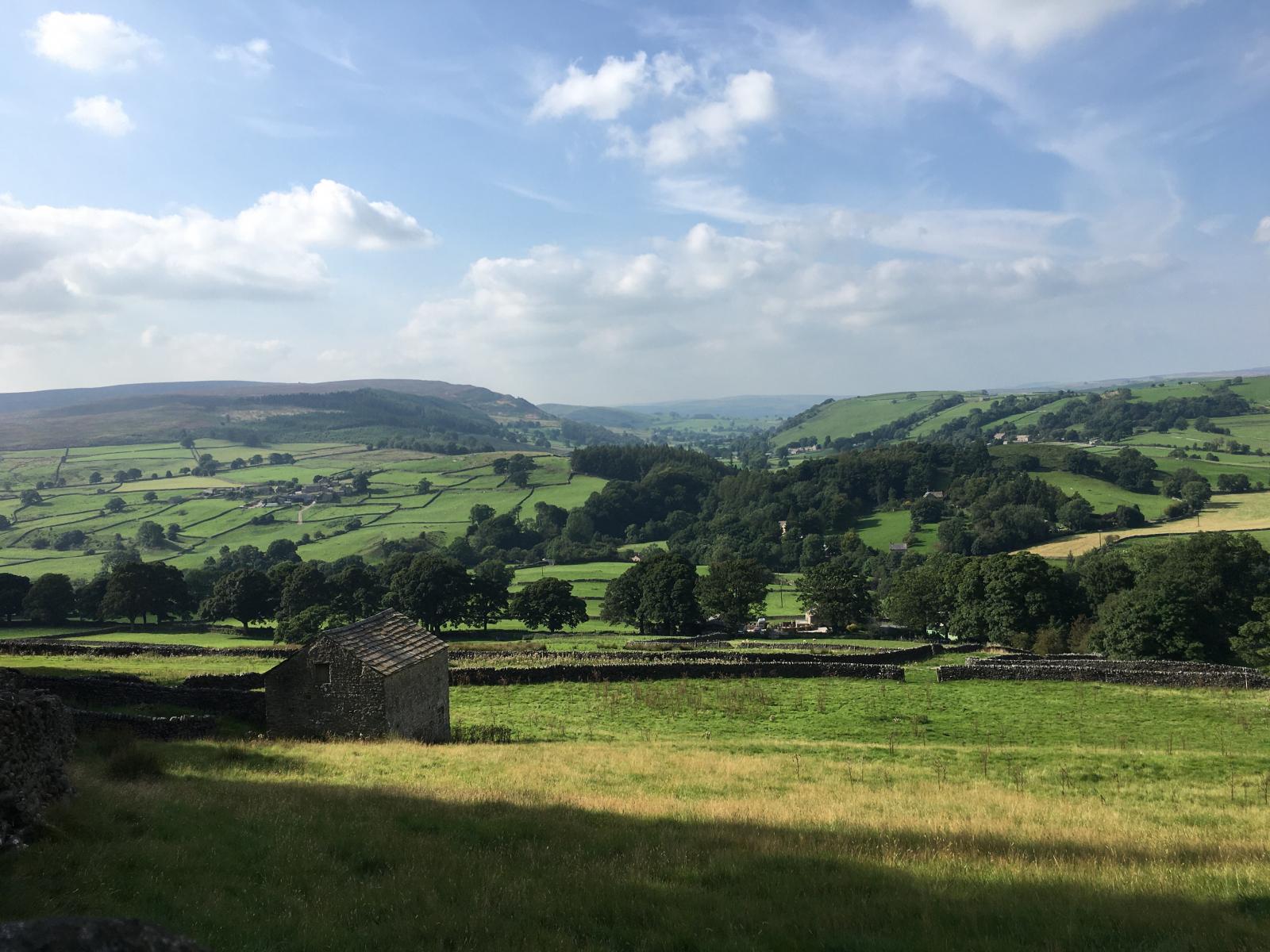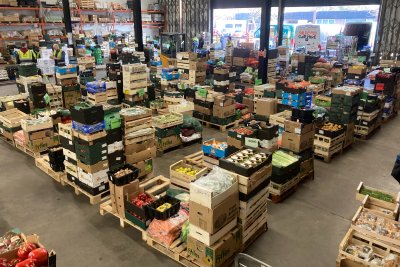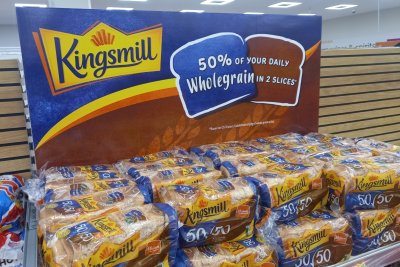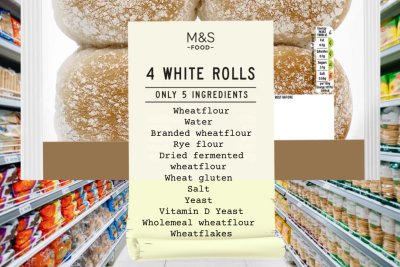 View over the Yorkshire Dales near Simon's Seat. Credit: James Woodward
View over the Yorkshire Dales near Simon's Seat. Credit: James Woodward
What is agroecology and why do we champion it?
The Sustain Alliance and our members have been champions of agroecology in the UK, but it’s still an unknown term to many in the farming sector and the wider public. In this blog, we try to briefly explain what agroecology means to us and why we are calling for an agroecological transition.
The term agroecology is much more than just another word or phrase to describe sustainability in farming. Its roots go back to early part of the 1900s, but its popularity is at its height today.
At its very basic, agroecology is about using ecological principles in farming and building social equity into the food system. It’s that combination of environmental and social drivers that makes agroecology stand out to us.
There are a set of principles that underpin agroecology which all individuals, communities, enterprises, organisations, and governments can work towards, but it allows enough flexibility to apply in all localities and circumstances. This includes environmental (i.e. soil type and climatic conditions), geographical, cultural, and business type. This is key as what works for one person, enterprise or community, won’t necessarily work for another.
Let’s delve into more detail to better understand what is achieved through applying agroecology.
Farming and food production systems and practices
- Those which are part of the solution to tackling climate change (i.e. mitigation) and which are more resilient to extreme and unpredictable weather (i.e. adaptation).
- Creating a more preferable environment for biodiversity by using ecological practices, creating more space for nature, and massively reducing harmful impacts.
- Reducing pollution impacts to water by significantly cutting down the use of synthetic fertiliser and pesticides, while creating healthy soil that acts similarly to a filtration system.
- Having higher animal health and welfare standards which includes keeping livestock outside for longer times of the year which allow them to express normal behaviours.
The food system
- Making the health of people a key outcome by producing foods that are healthier.
- Producing foods that cater to all cultures and communities in the UK.
- Making healthy and sustainably produced food something that is accessible and affordable for all people across the UK.
- Ensuring that the farmer and producer is paid fairly for the food they produced and rewarded for the public goods and services they deliver.
- Ensuring that farm and food workers have good working conditions, rights and pay.
- Making the food system much more resilient to environmental and economic shocks.
Social networks and collaboration
- Enabling and facilitate the open and low-cost sharing of knowledge, information and best practice between practitioners, advisors and academics.
- Building networks on both a local and a national level between producers, suppliers and consumers.
- Ensuring that producers, especially small and medium sized ones, have a voice and involvement post-farmgate.
- Create and agri-food sector that is transparent to the public in terms of where and how their food is produced.
- More value given to independent advice and support for farmers and producers.
The Sustain Alliance champions agroecology because it can be a major force for good on several levels. It seeks to make those important connections across the food system in a way that is environmentally and socially positive. We support agroecological whole farm system approaches like organic, pasture-fed, agroforestry, regenerative, and intercropping techniques.
The Food, Farming and Countryside Commission (FFCC) commissioned IDDRI to model a transition to agroecology in the UK. IDDRI’s research has set out how this can be achieved over the coming years and what positive impacts that will have for the UK.
Sustain and our members have been working hard to show Defra how and why agroecology can be part of their future farming plans. We need to see Environmental Land Management (ELM) schemes that can support farmers on a journey into agroecological farming systems. We must also see agroecology play a key role in Defra’s White Paper response to the National Food Strategy.
Sustainable Farming Campaign: Pushing for the integration of sustainable farming into local, regional and national government policies.
Sustain
The Green House
244-254 Cambridge Heath Road
London E2 9DA
020 3559 6777
sustain@sustainweb.org
Sustain advocates food and agriculture policies and practices that enhance the health and welfare of people and animals, improve the working and living environment, promote equity and enrich society and culture.
© Sustain 2025
Registered charity (no. 1018643)
Data privacy & cookies
Icons by Icons8







